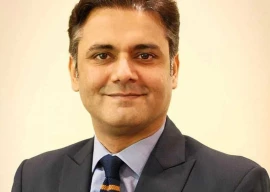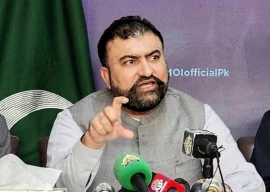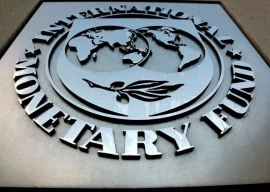
On a bright morning in late June last year, I met up with a colleague who worked at the University of Sarajevo. We met at a quiet and beautiful coffee shop not far from where I was staying. The professor had been working, in various capacities, with multiple international agencies and institutions. We were talking about migrants and refugees who would pass through Bosnia in their attempt to reach Croatia and the EU. Some were hoping to eventually reach the UK. My colleague described how awful the condition of many of the migrants was, and how difficult their journey is. Most of them would walk on foot for weeks, sometimes months, with little food, no medicines and a perpetual anxiety. I asked him where the migrants were from? He named three countries – Pakistan was one of them. I was unsure if I heard him correctly. So, I asked him again. He said yes, Pakistan was among the top three countries. He then showed me the data from the international agencies that he had been working with in Bosnia. And yes, Pakistan was right there among the very top. My next question to him was who were these people? My host told me the story that sounded familiar. Everyone who he had interviewed was poor, frustrated by the lack of opportunities, and most felt there was no path to a dignified existence in the country. On the same trip in other parts of Balkans, I heard the same story. Every researcher mentioned Pakistanis making up a significant percentage of migrants trying to reach EU. Everyone told me the same story – it was not just the economy but also injustice, corruption and no viable path to a dignified future.
A few months later in late October, at a food stall in central Germany, I met a young Pakistani man. He asked me in Urdu and if I was from Pakistan. I introduced myself and told him about my work and asked how he ended up in Germany. The young man was from Quetta, from the Hazara community, and had arrived in Germany a few years ago. When he was a teenager, he was angry and frustrated at the injustice against his community. He saw his family members killed by terrorists and saw the government look the other way. His parents were worried about him. They took loans, sold the few items they had, and somehow managed to get him to Iran. From Iran he walked to Turkey with a group, then to Greece, and then through Macedonia, Serbia, Hungary and Austria eventually reached Germany. It took him over six months to reach Germany. On the way he was beaten up by smugglers, lost all his possessions, was injured multiple times and was left alone in the jungle. Several of his friends who had started the journey never made it. He saw his friends die on the mountainside and in the suffocating compartments of cramped trucks.
The young man’s story was painful to hear, but he was telling it to me in such a matter of fact way that I asked: “Did you not know the risks when you set out from Quetta?”
“Of course, I did,” he said calmly. “But sir, you have no idea what it means to be a poor Hazara.”
As I read the news of Shahida Raza, the Pakistan hockey player, who died trying to reach Italy late last month, I was devastated. Shahida was also from the Hazara community. She had served her country, yet she was compelled to leave and take such extraordinary risks. She wanted to be at a place where she and her son could get the healthcare they needed. She wanted dignity for her family. As I read Shahida’s story, I was reminded of what the young man in Germany told me. He really loved his country, he told me. But as someone born in poverty, all doors to dignity were permanently closed on him. He had told me flatly, “We know the risks. We know we may die. Yet we do it. We are left with no other option, sir”.
Published in The Express Tribune, March 14th, 2023.
Like Opinion & Editorial on Facebook, follow @ETOpEd on Twitter to receive all updates on all our daily pieces.
































1714370039-0/ojwilson-(1)1714370039-0-270x192.webp)


-(1)1714378140-0/AliAminMaryam-(4)-(1)1714378140-0-270x192.webp)
-(1)1714458896-0/ASP-(2)-(1)1714458896-0-270x192.webp)






COMMENTS
Comments are moderated and generally will be posted if they are on-topic and not abusive.
For more information, please see our Comments FAQ